Program for IO Buffer. All ports are single bit as shown in the below block diagram. When op_en is high, data_out will be driving io_port. When op_en islow, io_port is tri-stated. Data_in will always be connected to io_port.
I tried below code.
module IOBuff(op_en,data_out,io_port,data_in);
input op_en;
inout io_port;
reg data_out;
reg data_in;
begin
assign io_port = op_en ? data_out : `bz
end
endmodule
I am new to verilog and tried above code but it's not complete and also how can we check whether our code is correct or not?
